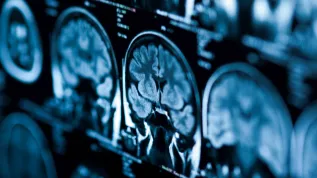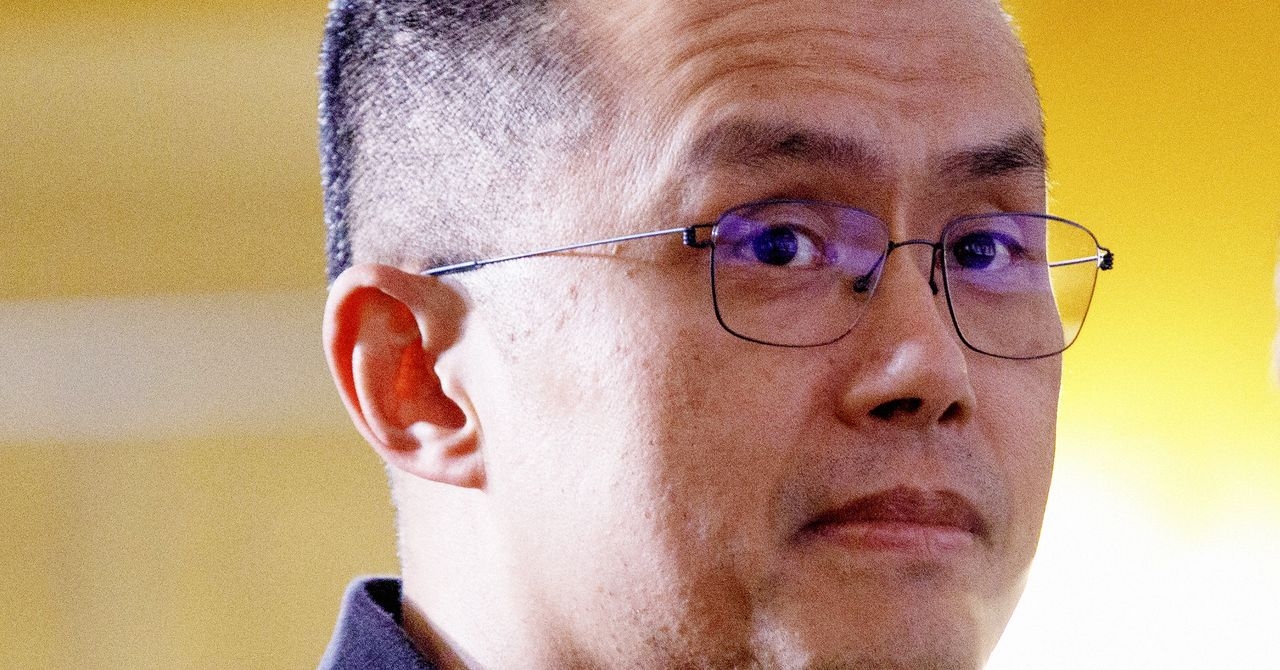PIE: The economic costs of overweight and obesity in 2060 will exceed next year's defense spending

03/11/2025 update: 03/11/2025
2 minutes of reading
The economic costs of obesity and overweight will amount to 4.86% of Poland's GDP in 2060, warns the Polish Economic Institute (PIE), reporting that nearly 65% of adult Poles struggle with these conditions. For comparison, Poland's planned defense spending next year is approximately 4.7% of GDP.
The Polish Economic Institute (PIE) noted that obesity and overweight are not only a health problem but also a burden on the entire global economy. "A study conducted based on data from 161 countries estimated that in 2019, the economic costs of obesity and overweight amounted to 2.19% of global GDP, with the United States accounting for nearly 38% of the global costs associated with this phenomenon," the PIE reported.
He added that, assuming the current trend continues, the costs of obesity and overweight will rise globally to 3.29% by 2060. Their share of the European Union's GDP will increase from 2.16% in 2019 to 3.02% in 2060. The economic costs of these conditions in Poland amounted to 2.58% of GDP in 2019, but are projected to increase to 4.86% by 2060. This would place Poland second among EU member states. Bulgaria would be first, with estimates suggesting it could reach 7.08% of GDP.
The largest increase in these costs is expected to be concentrated in low- and middle-income countries. In some cases, they could increase 25-fold. "This is due to the dynamic socioeconomic changes taking place in these countries, including intensive urbanization, a shift to office work, and a decline in physical activity. Furthermore, these countries tend to consume high-calorie diets, rich in fat, sugars, and salt, but low in valuable nutrients," explains the PIE.
The Institute cited estimates that between 2020 and 2050, OECD countries will allocate up to 8% of their health budgets to treating obesity-related complications. According to the Institute, a solution to this problem could be taxing products high in fat, sugar, and salt. Currently, this solution is in force in various forms in 12 EU countries. "The European Commission is currently considering harmonizing it across the EU," the Institute reported. (PAP)
jls/ mrr/
The PAP Foundation permits free reprinting of articles from the Nauka w Polsce website, provided that you notify us by email once a month of your use of the website and cite the source of the article. On portals and websites, please include the linked address: Source: naukawpolsce.pl, and in journals, please include the annotation: Source: Nauka w Polsce website - naukawpolsce.pl. This permission does not apply to information in the "World" category or any photographs or video materials.
Before adding a comment, please read the Forum Rules of the Nauka w Polsce website.
Dear Reader, In accordance with the Regulation (EU) of the European Parliament and of the Council of 27 April 2016 on the protection of natural persons with regard to the processing of personal data and on the free movement of such data, and repealing Directive 95/46/EC (General Data Protection Regulation), we hereby inform you about the processing of your data. The data controller is the PAP Foundation, with its registered office in Warsaw at ul. Bracka 6/8, 00-502 Warsaw. This data is collected as part of your use of our services, including websites, services, and other functionalities provided by the PAP Foundation, primarily stored in cookies and other online identifiers installed on our websites by us and our trusted partners of the PAP Foundation. The collected data is used solely for the following purposes: • providing services electronically • detecting abuses in services
• statistical measurements and service improvement
The legal basis for data processing is the provision and improvement of services, as well as ensuring security, which constitutes the legitimate interest of the controller. Data may be shared, at the request of the controller, with entities authorized to obtain data under applicable law. Data subjects have the right to access, rectify, and erase data, and to restrict their processing. They may also withdraw consent to the processing of their personal data.
Please send all notifications regarding personal data protection to [email protected] or in writing to the PAP Foundation, ul. Bracka 6/8, 00-502 Warsaw, with the note "personal data protection"
More information about the processing of personal data and your rights can be found in the Privacy Policy. Learn more. I consent
naukawpolsce.pl







